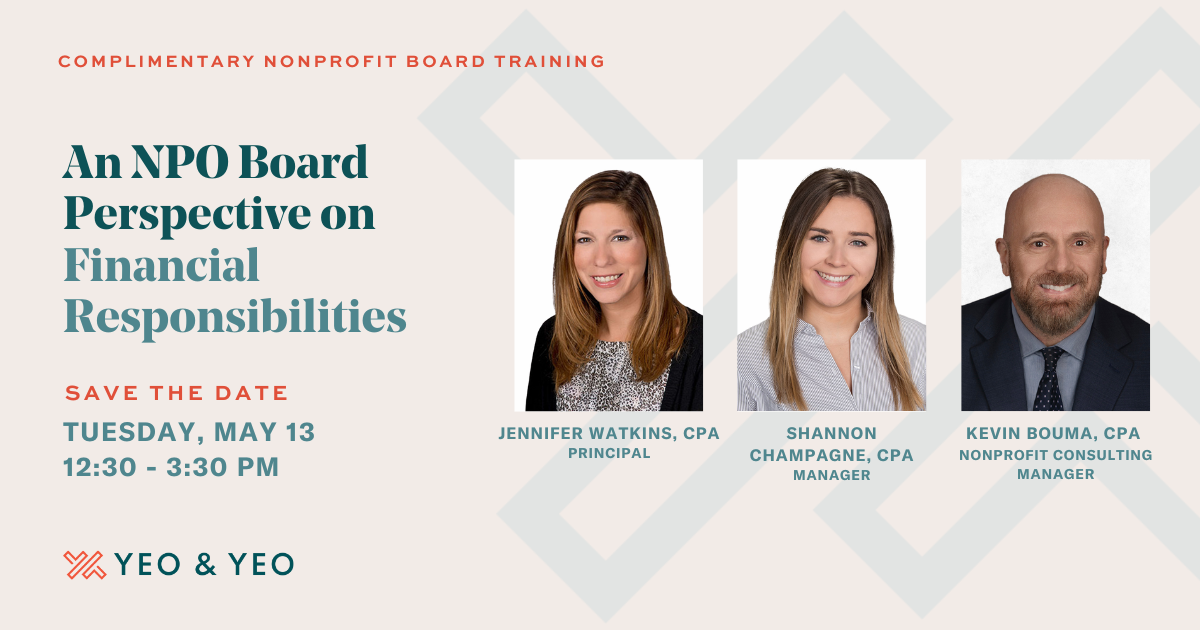
Five Reasons Why It’s Important to Train Nonprofit Board Members
A strong board of directors provides financial guidance, develops long-term priorities, and appoints executives to run the operation. Ultimately, they work to ensure that the organization utilizes its resources appropriately. To accomplish these goals, directors must have the appropriate knowledge, skills, and abilities. While each director will bring their own set of strengths to the table, board members must understand their responsibilities and obligations.
Consider implementing consistent training efforts for board members to ensure that your board has the knowledge required to guide the organization toward its mission. Providing training for board members allows them to:
- Start on the same page – Providing board orientation training allows you to set expectations and explain responsibilities. When board members know what to expect and what is expected of them at the outset, you’ll have more success getting what you need from an actively engaged board.
- Make better-educated decisions – Most nonprofit board members are volunteers from the community who join the board to make a difference. Although they have good intentions, they may not have the fundamental knowledge to make educated decisions on finances or policies. Training board members equips them with the tools to make decisions that positively impact your organization.
- Protect the organization – Nonprofits are held to a high standard of government regulation. As public charities, they are exempt from federal corporate taxes and may have access to public funding. Training your board on compliance requirements, like filing Form 990, protects the organization’s public charity status and keeps it running as intended.
- Stay on top of industry changes – Rules and regulations are continually changing. Training helps keep board members up to date on shifts in legislation that can impact how your organization operates.
- Understand policies and procedures – Policies provide guidance and protect the organization from legal challenges, ensure compliance with regulations and funding agencies, and set the tone for ethical and transparent conduct by employees. The policies you have in place will be effective only if the board is trained on their significance.
Members of your community agree to become board members because they believe in the organization’s mission and want to make a difference. It’s up to you to supply them with the information and training they need to understand their responsibilities, make informed decisions, and succeed in their roles.
Enhance your board’s impact – register for Yeo & Yeo’s free Nonprofit Board Training!
Gain the knowledge and tools to make informed decisions, ensure compliance, and drive your organization’s mission forward.